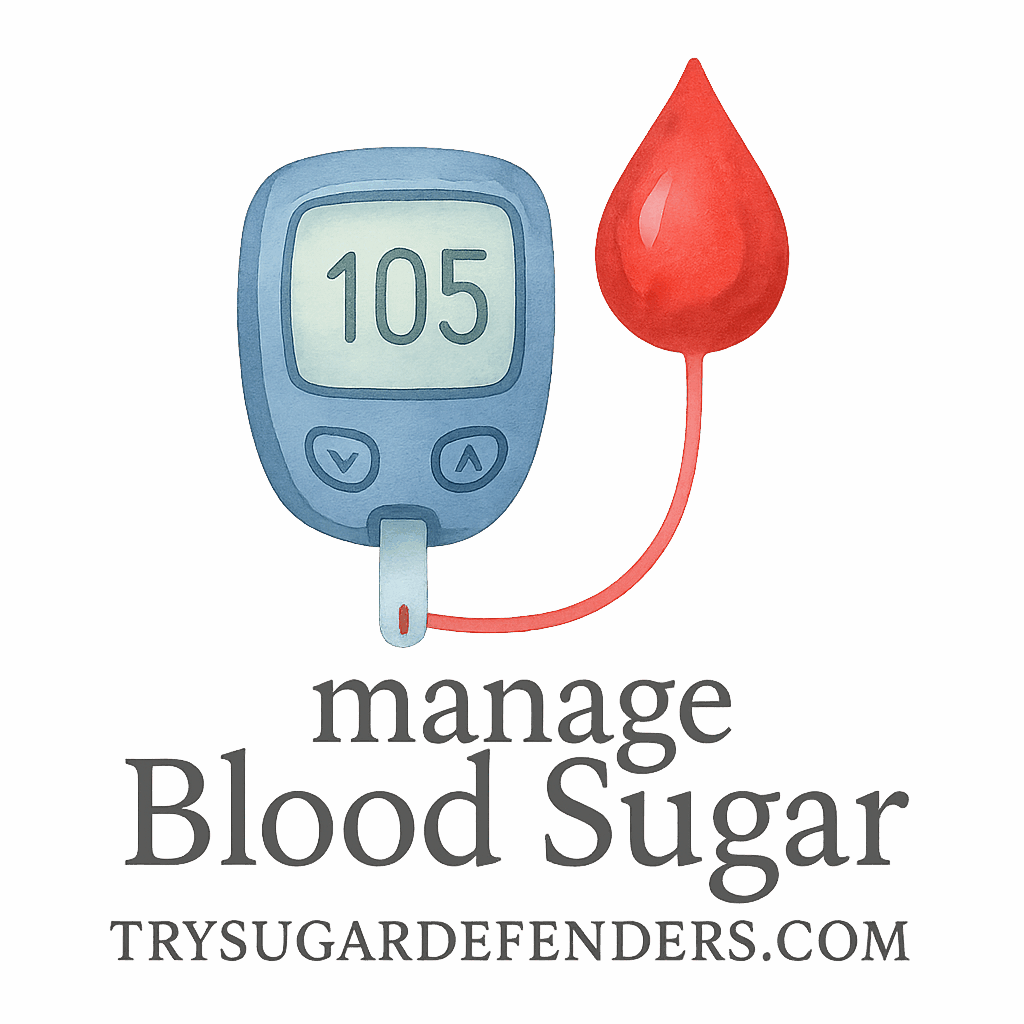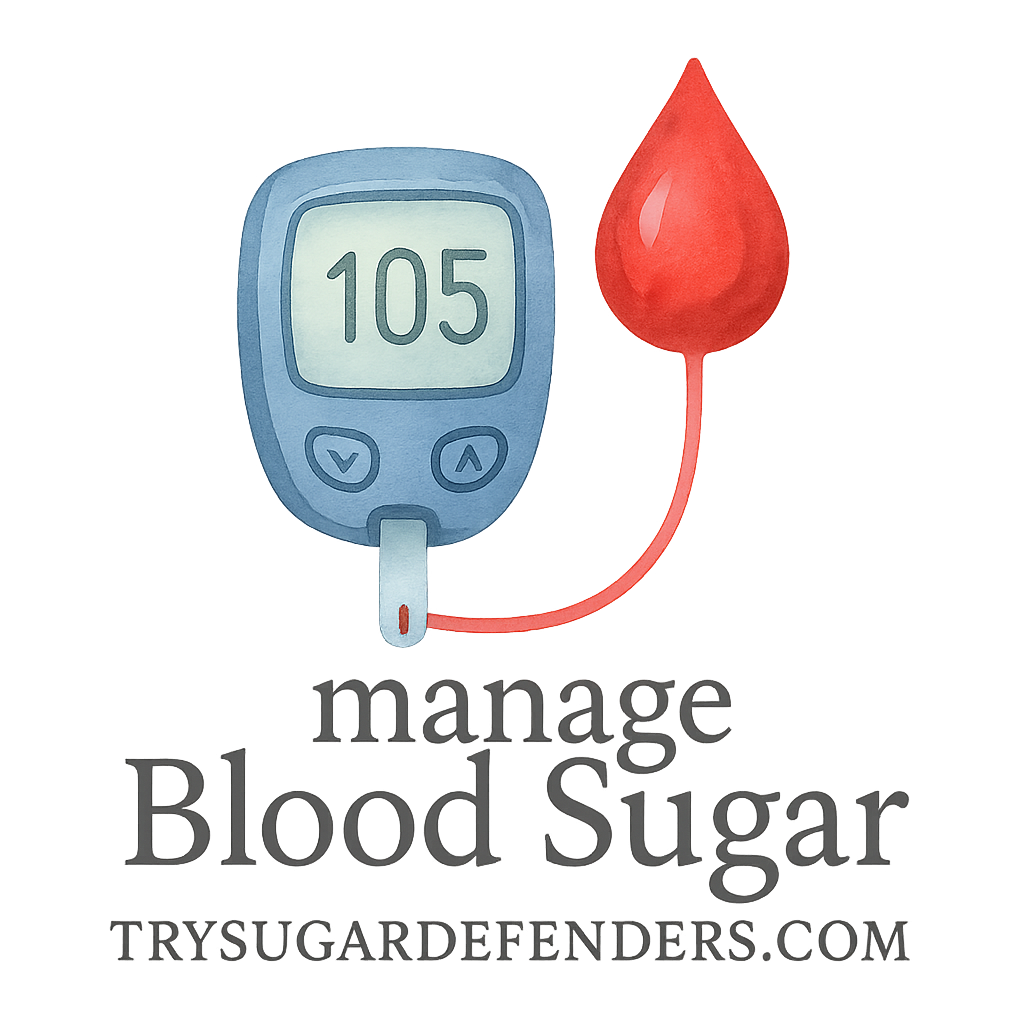Introduction
If you’ve been prescribed medication to manage your blood sugar, you’re definitely not alone. Millions of people take these drugs every day to keep their levels in check. But just like any medication, they can come with some unwanted baggage—side effects. Let’s dive deep into the 9 most common side effects of blood sugar medications, how to spot them, and what you can do to feel better while staying on track.
What Are Blood Sugar Medications?
Why Are They Prescribed?
Blood sugar medications are primarily used to treat diabetes, particularly type 2 diabetes. These drugs help regulate the amount of glucose in your blood, either by increasing insulin production, improving insulin sensitivity, or slowing the absorption of sugar.
Common Types of Blood Sugar Medications
You’ve probably heard of:
- Metformin – often the first choice.
- Sulfonylureas – stimulate the pancreas to release insulin.
- SGLT2 inhibitors – help your kidneys remove sugar through urine.
- GLP-1 receptor agonists – mimic a natural hormone to increase insulin.
- Insulin therapy – direct insulin injections for tight control.
Check out the full guide to blood sugar management for deeper insight.
Side Effects of Blood Sugar Medications
Now let’s break down what you might experience with these meds.
1. Nausea and Upset Stomach
This is especially common with Metformin.
Causes and Triggers
Your body may not be used to how the medication affects your digestive system, leading to queasiness, gas, or stomach cramps.
Ways to Minimize
- Take your meds with food.
- Start with a low dose and gradually increase.
- Ask your doctor if an extended-release version is available.
Visit our Diet and Nutrition page for gentle, stomach-friendly meal ideas.
2. Weight Gain
Particularly seen with insulin and sulfonylureas.
Why It Happens
These meds help sugar enter your cells—great for energy, but if unused, it’s stored as fat.
How to Control It
- Stay active! Here’s a great exercise and lifestyle routine to help.
- Opt for fiber-rich foods that slow sugar absorption.
- Work with a nutritionist on a personalized plan.
Explore tags like diet, exercise, and fitness for more.
3. Hypoglycemia (Low Blood Sugar)
This can actually be more dangerous than high blood sugar.
Symptoms to Watch For
- Shakiness
- Sweating
- Confusion
- Heart palpitations
Prevention Tips
- Eat regular meals.
- Avoid skipping snacks after meds.
- Keep glucose tablets on hand—just in case.
Check the monitoring and control tags for more prevention advice.

4. Fatigue and Drowsiness
Ever feel totally drained after taking your meds? You’re not imagining it.
Some medications lower your blood sugar too much, leaving you low-energy.
➡ Tip: Reassess your dosage with your doctor if this is a frequent issue.
5. Diarrhea and Digestive Issues
Especially common in the first few weeks.
- Eat bland foods.
- Hydrate like a champ.
- Don’t panic—it usually gets better over time.
6. Dizziness or Lightheadedness
This may result from rapid drops in blood sugar.
- Avoid quick position changes.
- Eat something small every few hours.
Learn about healthy routines that keep your levels steady.
7. Swelling in Hands or Feet
Often reported with thiazolidinediones.
It might be fluid retention. While usually not serious, mention it during your next consultation.
8. Allergic Reactions
Although rare, some people react to the medication itself or additives.
- Watch for rash, itching, or breathing issues.
- Seek immediate help if symptoms worsen.
Review our list of methods to see other treatment options.
9. Vitamin B12 Deficiency
Long-term use of Metformin has been linked to B12 deficiency.
- Feel weak or tingly? Might be time for a test.
- B12 supplements can help, or you can add B12-rich foods.
We also recommend checking out our medical supplements guide.
Tips to Manage Side Effects Naturally
Incorporate Balanced Diet
Food is medicine, especially when it comes to blood sugar.
Start with our Mediterranean Diet-inspired recipes and fiber-packed meals on the diet tag.
Try Exercise and Lifestyle Adjustments
Even a 20-minute walk can:
- Improve insulin sensitivity
- Reduce fatigue
- Balance your mood
Head over to our Exercise & Lifestyle page for tips.
Mind-Body Behavioral Strategies
Ever tried Cognitive Behavioral Therapy for diabetes?
You’ll love our dedicated section on behavioral mental strategies, including CBT and goal-setting techniques.
Track and Monitor Your Progress
Use tech to your advantage.
Smart glucose monitors and devices help you see patterns—and take control.
Start here: Monitoring & Tracking
Supplements and Natural Remedies
Explore medical supplements that support glucose control without adding more side effects.
And don’t forget to see the benefits of herbs like berberine, cinnamon, and fenugreek!
When to Call a Doctor
Always reach out if:
- Side effects persist or worsen
- You notice new symptoms
- You’re unsure if your meds are still working
Need more advice? Our consultation tag has helpful resources to prepare for your next visit.
Final Thoughts
Medications are powerful tools in the fight against blood sugar spikes—but they come with their own set of side effects. The key is awareness, smart self-care, and open communication with your doctor. With the right balance of diet, exercise, tracking, and support, you can manage side effects and keep your sugar levels in a healthy zone.
And don’t forget to explore more high-quality content on TrySugarDefenders.com for expert-backed resources!
FAQs
1. Can I stop taking my blood sugar medication if I feel better?
Never stop without talking to your doctor first. Your sugar levels might spike again.
2. Are natural remedies safer than medications?
They can complement your plan but shouldn’t replace prescribed meds without medical advice. Start here: Medical Supplements
3. What’s the most common side effect of Metformin?
Stomach upset—nausea, bloating, or diarrhea—especially at first.
4. How do I know if I’m experiencing low blood sugar?
Signs include shakiness, confusion, and rapid heartbeat. Learn how to monitor and track.
5. Can side effects go away over time?
Yes, many symptoms lessen as your body adjusts. If not, consult your doctor.
6. Should I change my diet when on blood sugar meds?
Definitely. Check out our Diet & Nutrition section for meal plans and tips.
7. What should I do if I miss a dose?
Don’t double up. Just take your next dose as scheduled, unless directed otherwise.


